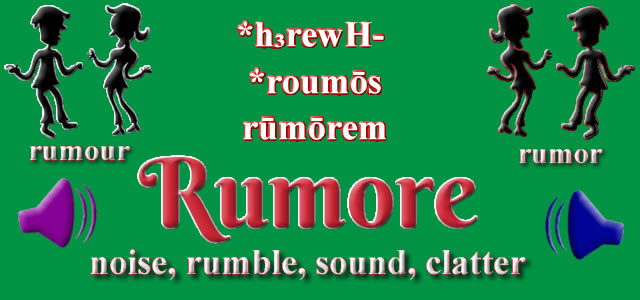What’s the difference between a mermaid and a siren? Let’s find out.
Last night at the French conversation group, we were discussing mermaids and sirens, as you do, and discovered that in French, they are both referred to as sirènes. This got me wondering what the differences are between them, if any.
According to Wikipedia, a mermaid is “an aquatic creature with the head and upper body of a female human and the tail of a fish.” They appear in stories from Europe, Asia and Africa, and are sometimes associated with floods, storms, shipwrecks and drownings, although they may also bring benefits and bestow boons on humans.
Their male equivalent is the merman, who appear less often in folklore, and they’re collectively known as merfolk or merpeople
The word mermaid comes from Middle English mermayde (maid of the sea), from mere (sea, lake) and mayde (young woman) [source].
Sirens first appear in Homer’s Odyssey, which was written in about the 8th century BC(E). The Sirens are described in these passages:
First you will come to the Sirens who enchant all who come near them. If any one unwarily draws in too close and hears the singing of the Sirens, his wife and children will never welcome him home again, for they sit in a green field and warble him to death with the sweetness of their song.
That is the Island of the Sirens. Circe warned me to steer clear of it, for the Sirens are beautiful but deadly.
They sit beside the ocean, combing their long golden hair and singing to passing sailors. But anyone who hears their song is bewitched by its sweetness, and they are drawn to that island like iron to a magnet. And their ship smashes upon rocks as sharp as spears. And those sailors join the many victims of the Sirens in a meadow filled with skeletons.
To Odysseus, who got his crew to tie him to the mast of his ship, the Sirens sounded and looked beautiful, but to his crew, who blocked their ears with beeswax, they looked like monsters with vicious claws. They are described in later works as large birds with the women’s heads, or part woman part bird. Originally, there were also male sirens, but they disappear from art works after the fifth century BC(E).
There are some Ancient Greek depictions of sirens are half woman half fish, like mermaids, and images from Medieval times often show them as mermaid like, although sometimes with wings and clawed feet like birds.
The word siren [ˈsaɪɹən] can also refer to:
- One who sings sweetly and charms.
- A dangerously seductive woman.
- A member of Sirenia, an order of mammals.
- A member of a genus of aquatic salamanders of the family Sirenidae.
- Any of various nymphalid butterflies of the genus Hestina.
- A device, either mechanical or electronic, that makes a piercingly loud sound as an alarm or signal, or the sound from such a device.
Other meanings are available.
It comes from Middle English siren (a mermaid whose song lures sailors to shipwreck; a mythical flying serpent of Arabia) [source], from Old French sereine (Siren), and Latin Sīrēn(a) (a siren, one of the mythical birds with faces of virgins, that dwelt on the southern coast of Italy, where, with their sweet voices, they enticed ashore those who were sailing by, and then killed them), from Ancient Greek Σειρήν (Seirḗn – siren, perhaps originally entangler or binder), from σειρά (seirá – rope, cord), from Proto-Indo-European *twerH- (to grab, seize, enclose) [source]
More information about sirens:
https://en.wikipedia.org/wiki/Siren_(mythology)
https://greekgodsandgoddesses.net/myths/odysseus-and-the-sirens/



















